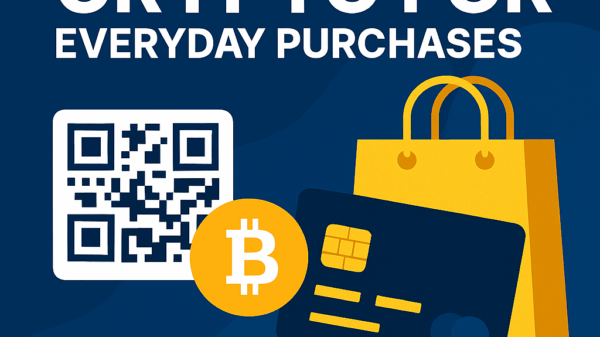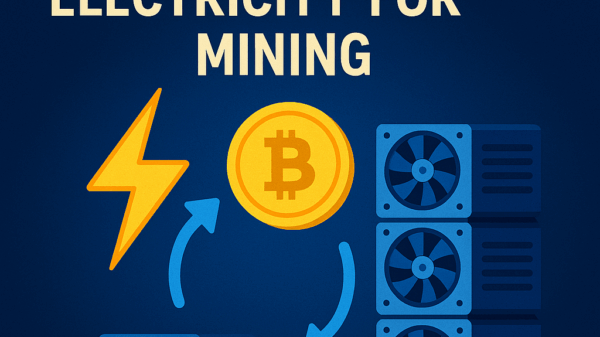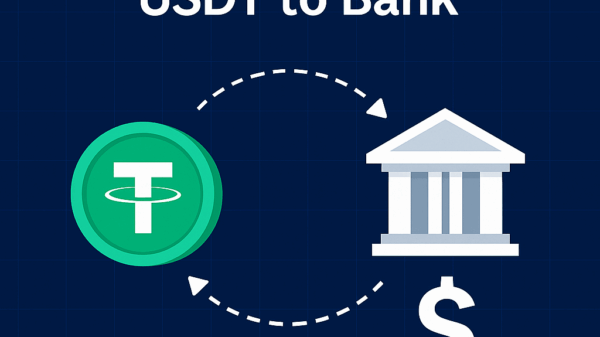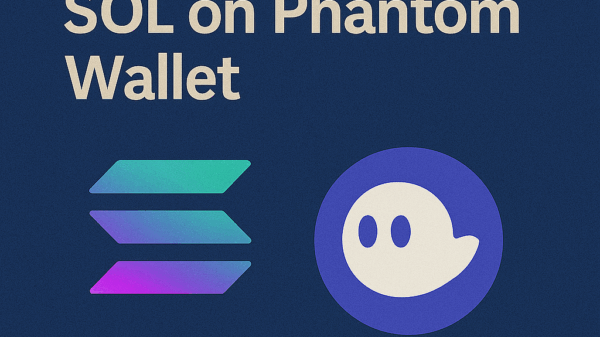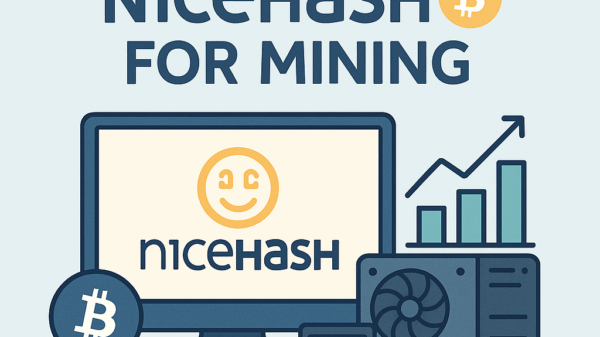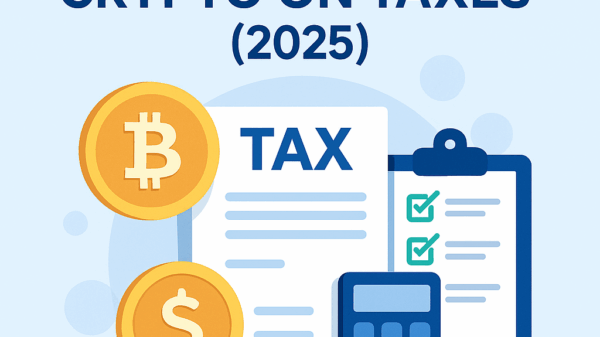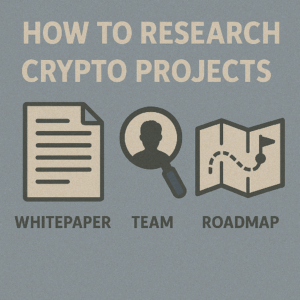How to Avoid Airdrop Scams
By Jason Miller – Crypto Writer 10.expert 🧠 Covering Bitcoin, altcoins, blockchain & Web3.
As a crypto writer and analyst, airdrops represent a unique opportunity in the crypto space: getting free tokens or NFTs simply for being an active participant in an ecosystem or holding certain assets. It’s a powerful marketing tool for new projects to decentralize their token distribution, reward early adopters, and generate buzz. However, just like any lucrative opportunity in crypto, airdrops are heavily targeted by scammers.
In 2025, airdrop scams have become increasingly sophisticated. They range from simple phishing links to complex social engineering tactics and even malicious smart contracts disguised as legitimate claims. Falling victim to an airdrop scam can lead to the complete draining of your crypto wallet. Therefore, a diligent and skeptical approach is paramount. Knowing how to identify red flags and employing robust security practices is no longer optional; it’s essential for protecting your digital assets.
Let’s dive into how to avoid airdrop scams like a pro.
How to Avoid Airdrop Scams: Your Essential Security Checklist 🚨🛡️
Airdrops offer free crypto, but they’re also a prime target for scammers. Protect your assets by knowing these crucial avoidance strategies.
Verify Official Sources FIRST ✅
- The Golden Rule: Never click on links from unsolicited messages, social media ads, or unofficial groups. Always go directly to the project’s official website, verified X (Twitter) account, official Discord, or Telegram channels.
- Cross-Reference: If an airdrop is legitimate, it will be prominently announced across all official channels. If it’s only mentioned on one obscure platform, be suspicious.
- Absolute Red Flag: No legitimate airdrop or crypto project will ever ask for your private key, seed phrase (recovery phrase), or wallet password.
- Immediate Exit: If a website or bot requests this information to “verify” your wallet or “claim” tokens, it’s a 100% confirmed scam. Close the tab immediately.
Beware of Phishing Links and Clone Websites 🎣🔗
- URL Scrutiny: Always double-check the URL of any website you visit, especially if you’re connecting your wallet. Scammers create near-identical clone sites with subtle misspellings (e.g., “etherescan.io” instead of “etherscan.io”) or different domain extensions.
- Bookmark Officials: Bookmark the official websites of projects you interact with to ensure you’re always visiting the correct URL.
Use a Dedicated “Burner” Wallet for Airdrops 🔥👛
- Isolation Strategy: Create a separate, new crypto wallet (e.g., a fresh MetaMask address) specifically for interacting with airdrops.
- Minimal Funds: Only transfer the absolute minimum amount of crypto required for gas fees (if any are truly necessary for claiming) into this burner wallet. Keep your main holdings in a separate, secure wallet. If the burner wallet is compromised, your primary funds remain safe.
Scrutinize Smart Contract Interactions and Token Approvals ✍️
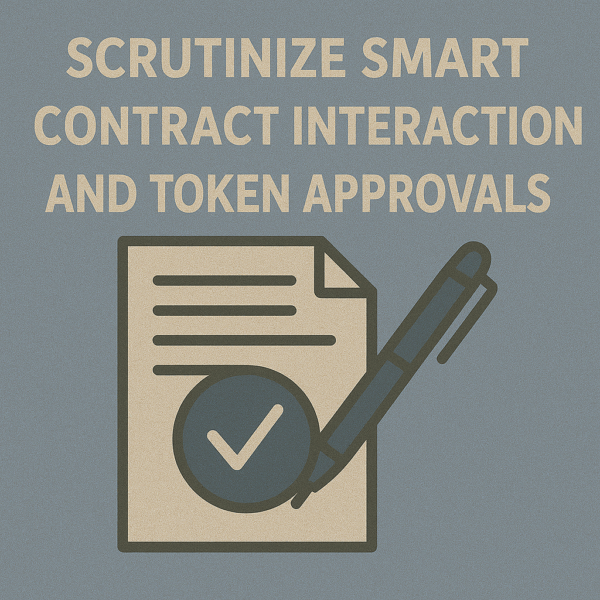
- Read Before Signing: When connecting your wallet to a dApp or claiming an airdrop, always carefully review the transaction details and permissions requested by your wallet (e.g., MetaMask pop-up).
- “Set Approval For All”: Be extremely wary of requests for
setApprovalForAll(for NFTs) or unlimited token approvals (for ERC-20 tokens). This grants the contract permission to move all of your specified tokens without further approval. Only grant this to highly trusted protocols you actively use. - Revoke Permissions: Regularly use tools like Revoke.cash or Etherscan’s Token Approvals page to review and revoke any unnecessary or suspicious token approvals you may have granted. (See my article “How to Revoke Token Approvals”).
Avoid “Dusting Attacks” and Unsolicited Tokens 🌫️
- Unexpected Tokens: If you receive a small, unexpected amount of a random token in your wallet, it could be a “dusting attack.” Scammers send tiny amounts of tokens to many wallets to track their activity and potentially de-anonymize them for future attacks.
- DO NOT Interact: Do not try to sell, transfer, or interact with these unsolicited tokens. Leaving them untouched is the safest approach. Interacting might expose you to a malicious smart contract.
Be Skeptical of Upfront Fees or Payments 💸
- Legitimate Airdrops are Free: Genuine airdrops distribute tokens for free, often requiring only minor on-chain actions (like bridging or interacting with a dApp) that might incur standard network gas fees.
- Scam Red Flag: If an airdrop explicitly demands an “unlocking fee,” a “security deposit,” or any payment beyond a nominal gas fee to claim tokens, it’s almost certainly a scam.
Watch for Poor Grammar, Spelling, and Urgent Language 🚩
- Professionalism Test: Legitimate projects maintain a high standard of communication. Poor grammar, spelling errors, or awkward phrasing in announcements or on websites are major red flags.
- Pressure Tactics: Scammers often use urgent, high-pressure language (e.g., “Claim now or lose out!”, “Limited time offer!”) to rush you into making a mistake without thinking.
Research the Project’s Legitimacy Thoroughly 🧐
- Beyond the Airdrop: Don’t just research the airdrop itself; research the project behind it. Does it have a clear whitepaper, a credible team, an active GitHub, and a real use case? (Refer to “How to Research Crypto Projects”).
- Community Sentiment: Check independent community forums (Reddit, trusted Discord servers). What do experienced users say about the project?
Be Wary of Overly Generous or Unrealistic Promises 🌕
- Too Good to Be True: If an airdrop promises an absurd amount of value for minimal effort, it’s likely a scam. Unrealistic returns are a classic scam indicator.
Beware of Impersonation Scams 🎭
- Fake Accounts: Scammers frequently create fake social media accounts or Telegram/Discord profiles that mimic official project representatives or well-known figures.
- Verify Identity: Always verify the identity of anyone contacting you, especially if they are asking you to click links or share information. Check their username, follower count, and official verification badges.
Check for Security Audits (if applicable) 审计
- Smart Contract Security: For airdrops involving new tokens or smart contract interactions, check if the project has had its smart contracts audited by reputable security firms (e.g., CertiK, Halborn). This adds a layer of trust.
Stay Updated on New Scam Tactics 📰
- Evolving Threats: Scammers constantly evolve their methods. Follow reputable crypto security researchers and news outlets to stay informed about the latest phishing and social engineering tricks.
Enable Two-Factor Authentication (2FA) 🔒
- Wallet & Exchange Security: While not directly for airdrop scams, having 2FA enabled on your crypto wallets (if supported) and all exchanges adds a critical layer of security that can mitigate damage if other credentials are compromised.
Trust Your Instincts 🤔
- Gut Feeling: If something feels “off” about an airdrop, it probably is. Your intuition can be a powerful first line of defense. Don’t let FOMO (Fear Of Missing Out) override your critical thinking.
By maintaining a high level of skepticism and diligently applying these security practices, you can significantly reduce your risk of falling victim to airdrop scams and safely participate in the exciting opportunities they present.

